“Sun has been a polarizing character for almost a decade now, and with that comes many fans, and just as many critics. As an athlete you are always trying to control every aspect of your life, and this scenario is something that makes me uncomfortable to think about. I would like to believe I swam my best race, against the best and clean athletes in the world. But anything beyond that is completely out of my control.”
He spoke in a year that saw Canadian weightlifter Christine Girard awarded the London 2012 Olympic gold medal in the women’s 63-kilo class after initially winning the bronze. Blood samples were re-tested and original gold medallist Maiya Maneza of Kazakhstan and silver medallist Svetlana Tsarukaeva of Russia were stripped of their medals.
Then there was bronze-medallist Beckie Scott, from WADA athletes’ chair, who was retroactively awarded 2002 Salt Lake City Winter Olympics gold, several years later, in women’s 5K-pursuit cross-country skiing after “champion” Olga Danilova and “silver medallist” Larissa Lazutina, both of Russia, were disqualified for doping.
The Olympic Movement has launched “Take the Podium” for those athletes deprived of the moment by rivals finishing ahead of them but subsequently found to have cheated. The program grants podium ceremonies to those being moved into or further up the podium. However, the move does not stretch back in time to right the tidal wave of wrongs in sports, such as swimming during the days of the GDR.
Cochrane told the Colonist:
“It’s great to see athletes’ voices being taken seriously and see so many athletes advocating for issues that are important to them. Now, more than ever, it’s essential that athletes use their status to effect change in a positive manner.”
On a Take-The-Podium style moment remote from the time and place of the race and drama of the hour, he added:
“For those athletes who have been awarded medals at a later date, they were robbed of a very special moment that they dreamed about their entire athletic lives. That said, I would imagine being able to share that moment with friends, family, and the community which supported you, would be the most ideal considering the circumstances.”
Cochrane never will experience what a lot off people tuning in to the Sun Yang verdict today felt might have been in other circumstances.




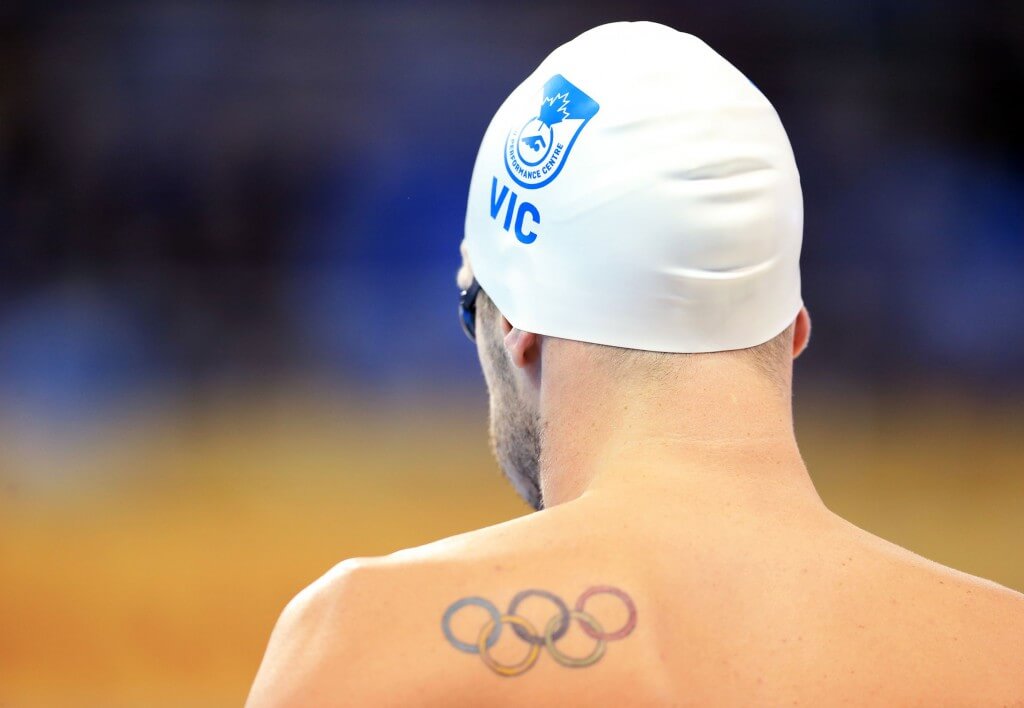
![Sun Yang [Photo by Patrick B. Kraemer]](http://www.swimvortex.com/wp-content/uploads/sunyangheadphoneslandscape-223x165.jpg)
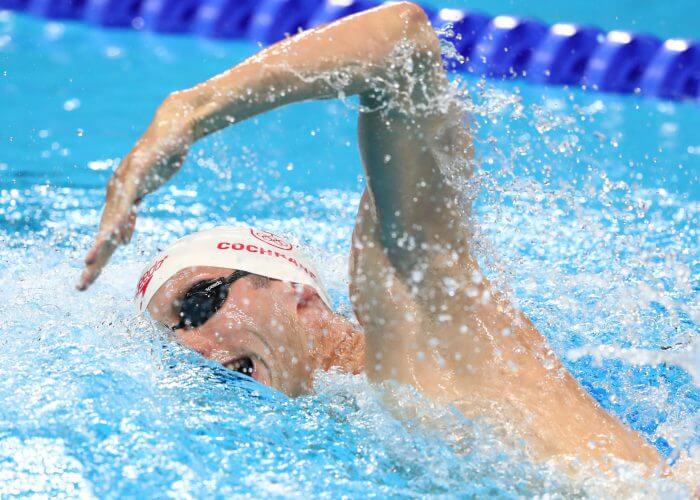


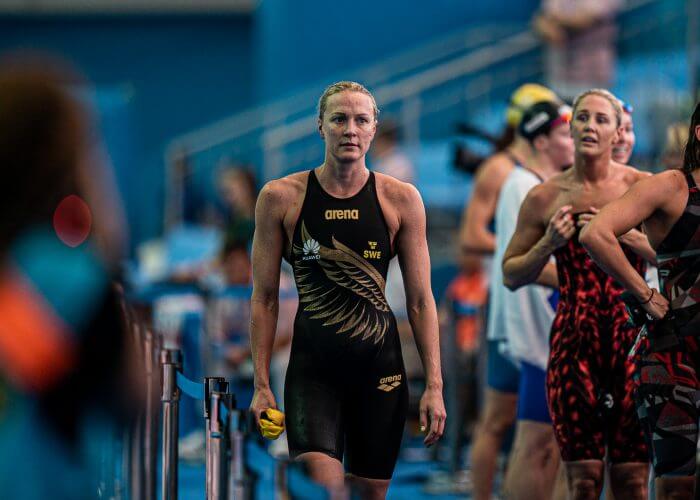
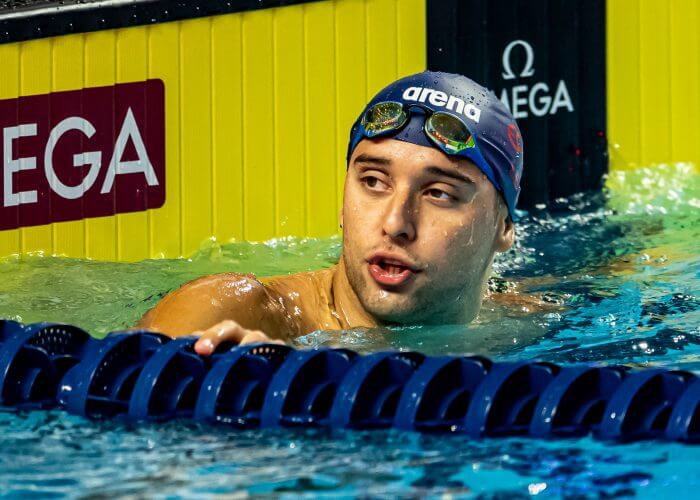
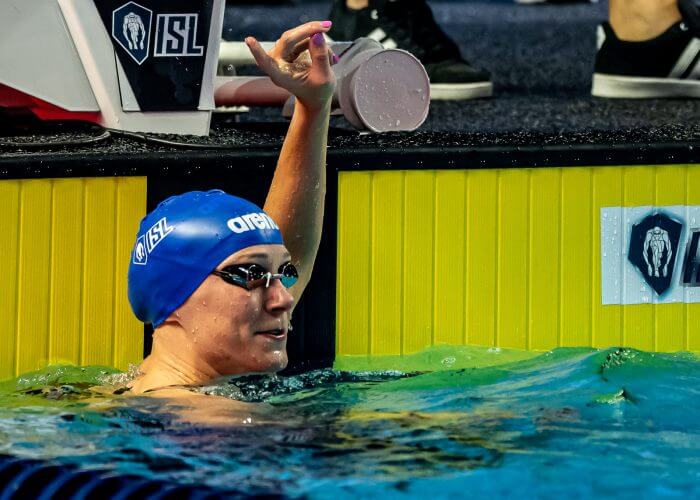
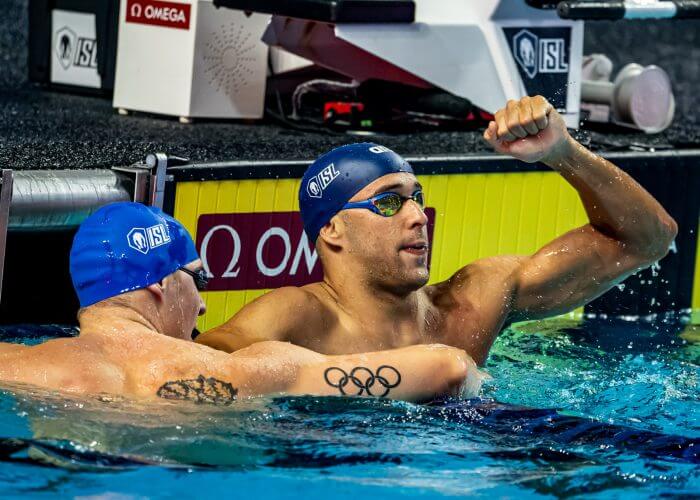
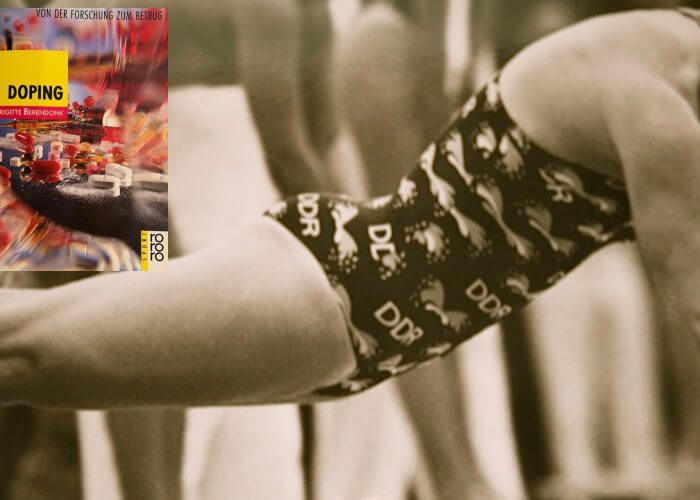
Jenny Adams
All medals should be redistributed and all records erased!
DeeEllen Hawkins totally agree
Lisa Happ
He’s an unrepentant and an arrogant cheat.
Actually Nancy Garapick finished third at the olympics in Montreal!
Indeed, 3rd, 4th, 5th… thanks for the spot among a great many words 🙂
Indeed, 3rd, 4th, 5th… thanks for the spot among a great many words this day 🙂
Yes, Nancy Garapick came third. However, she was beaten by TW0 drugged-up East Germans: Ulrike Richter and Birgit Treiber. So take the drug cheats out of the results, and Garapick would have celebrated – along with the whole country – the gold medal in the 100 back. She, along with all the other athletes who competed clean, should be recognized. To do so not only celebrates the real winners, it also acts as reinforcement against those who are considering cheating. We will find out, we will take your ill-gotten gains away in a public ceremony – and award them to those who played fair.
AND lets not forget that Nancy would have ALSO won GOLD in the 200 backstroke were it not for the same two drug cheat East Germans. She is one among many who were denied – and yet go unrecognized. How can this be?
Yes, Cam, she would have had a great shot at both back titles… imagine how that changes a life… 🙁
Indeed.
This makes it is clear to me that FINA and all of it’s fat cats needs to be replaced by a truely fair minded independent governing body or international swimming will fall by the wayside.